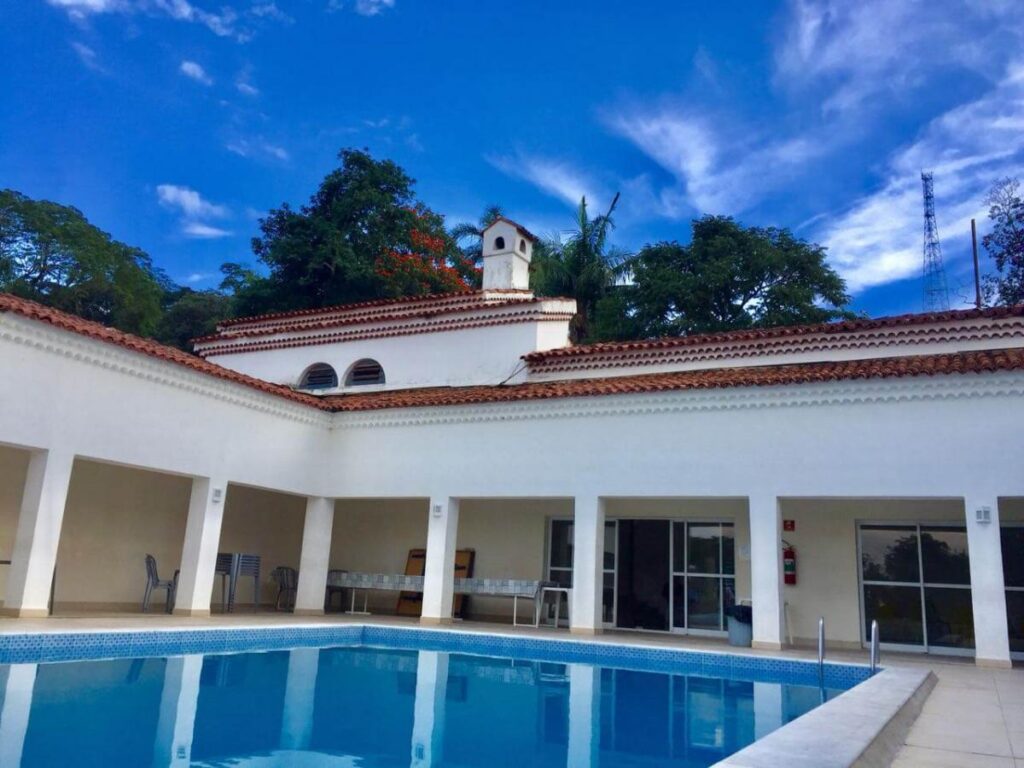-
Índice Liberdade e Vida Clínica de Recuperação

The Importance of Compulsory Internment for Drug Rehabilitation in Paulínia, SP
The issue of drug addiction is a pressing concern in society today, affecting individuals and communities alike. In Paulínia, a city in the state of São Paulo, Brazil, the problem of drug abuse has reached alarming levels. As a result, the implementation of compulsory internment for drug rehabilitation has become a crucial step in addressing this issue.
Compulsory internment refers to the involuntary placement of individuals in a rehabilitation facility for drug addiction treatment. While some may argue that this approach infringes upon personal freedom, it is important to recognize the potential benefits it offers in terms of saving lives and restoring individuals to a healthier state.
One of the primary reasons why compulsory internment is necessary in Paulínia is the severity of the drug addiction problem. The city has witnessed a significant increase in drug-related crimes, violence, and social instability. Drug addicts often resort to desperate measures to sustain their addiction, leading to a rise in theft, assault, and other criminal activities. By mandating internment, the authorities can intervene and provide the necessary treatment to break the cycle of addiction and reduce the associated criminal behavior.
Moreover, compulsory internment offers a structured and controlled environment for individuals to undergo rehabilitation. Drug addiction is a complex issue that requires professional intervention and support. In many cases, addicts are unable to overcome their addiction on their own due to the physical and psychological dependence they have developed. By being placed in a rehabilitation facility, individuals have access to medical professionals, therapists, and support groups who can guide them through the recovery process. This structured environment ensures that individuals receive the necessary care and attention to address their addiction effectively.
Another crucial aspect of compulsory internment is the potential for long-term recovery. Drug addiction is a chronic condition that requires ongoing treatment and support. By mandating internment, individuals are given the opportunity to break free from the cycle of addiction and develop the necessary skills and strategies to maintain sob
Embracing Freedom and a Drug-Free Life: The Role of Rehabilitation Centers in Paulínia, SP
Embracing Freedom and a Drug-Free Life: The Role of Rehabilitation Centers in Paulínia, SP
Drug addiction is a complex issue that affects individuals and communities worldwide. In Paulínia, a city in the state of São Paulo, Brazil, the problem of drug abuse has become a pressing concern. As a response to this growing issue, rehabilitation centers have emerged as a crucial resource in helping individuals overcome addiction and reclaim their lives.
One of the key approaches used in rehabilitation centers is compulsory hospitalization, also known as internação compulsória in Portuguese. This method involves the involuntary admission of individuals into a treatment facility, with the aim of providing them with the necessary support and care to overcome their addiction. While controversial, this approach has proven to be effective in certain cases where individuals are unable or unwilling to seek help voluntarily.
The concept of internação compulsória raises important questions about personal freedom and individual rights. Critics argue that forcing someone into treatment infringes upon their autonomy and violates their right to make decisions about their own health. However, proponents of this approach argue that in cases where individuals are a danger to themselves or others, intervention is necessary to protect their well-being and the well-being of those around them.
In Paulínia, the Clinica de Recuperação Paulínia/SP has been at the forefront of providing internação compulsória services. This rehabilitation center offers a comprehensive program that combines medical, psychological, and social support to help individuals overcome addiction. The center’s approach is rooted in the belief that every individual deserves a chance at a drug-free life and that with the right support, recovery is possible.
The journey towards recovery at the Clinica de Recuperação Paulínia/SP begins with a thorough assessment of each individual’s needs and circumstances. This assessment helps determine the most appropriate treatment plan, which may include detoxification, therapy, and counseling. The center









